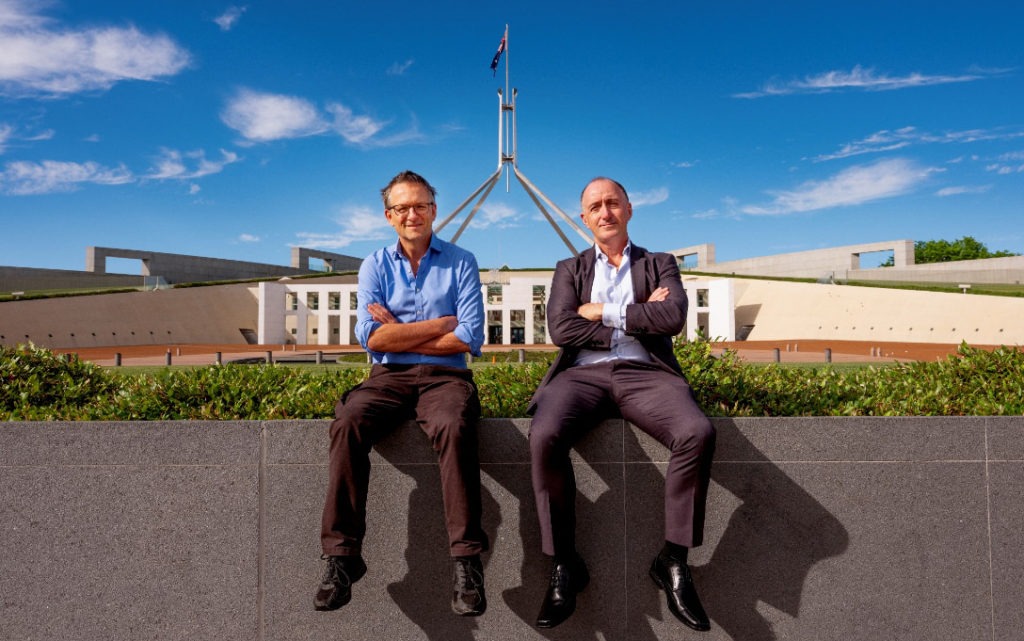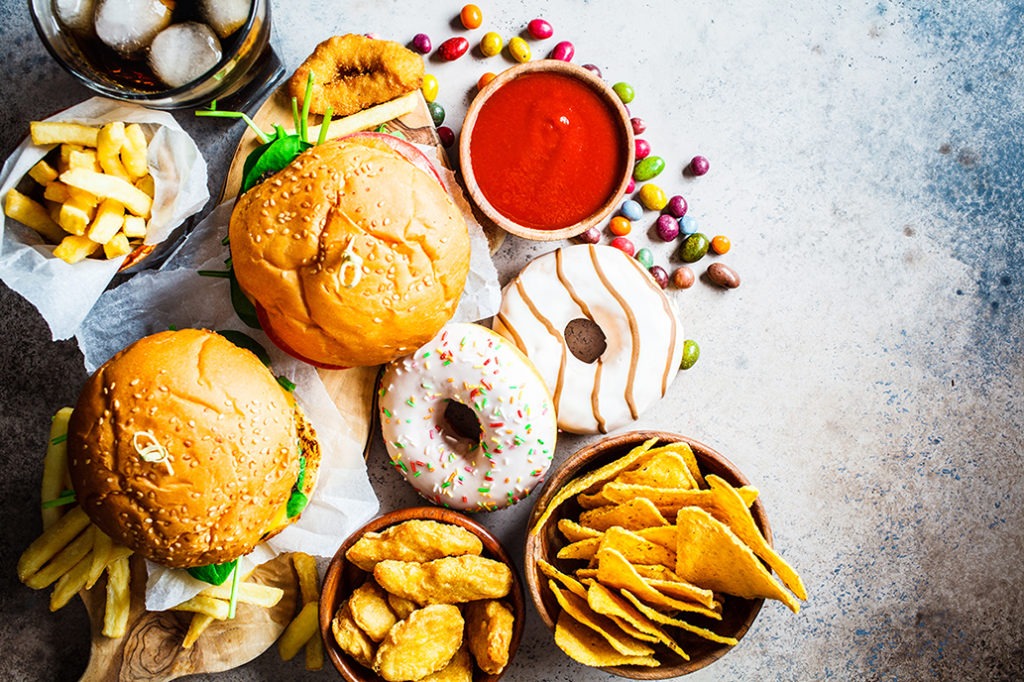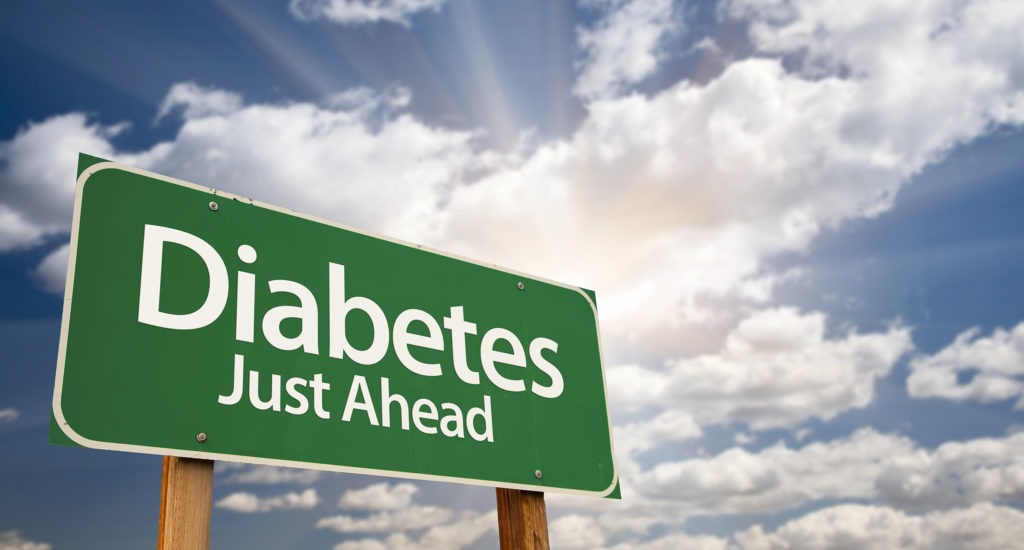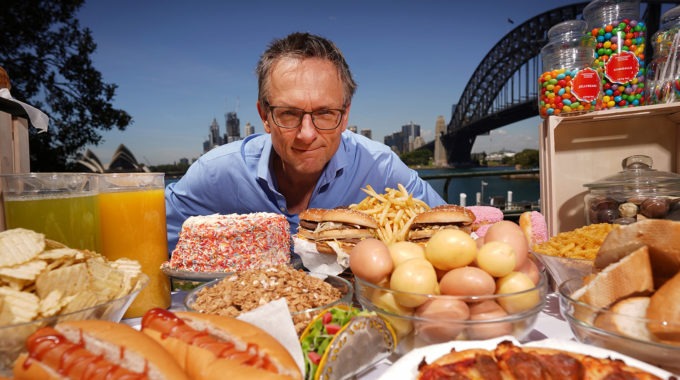Can you eat to beat type 2 diabetes?
Dr Michael Mosley puts his body on the line in a revealing new Australian television special that examines the effects of Australia’s fastest growing chronic disease – type 2 diabetes. The renowned British doctor and weight-loss expert embarks on a confronting journey alongside eight brave Australians in the landmark documentary series, Australia’s Health Revolution with Dr Michael Mosley. Working with proud Gomeroi man and exercise physiologist Ray Kelly, Dr Mosley puts his own health at risk to demonstrate the latest nutrition science and ask the question: can you eat to beat type 2 diabetes?

The typical Aussie diet
To demonstrate how much of an impact diet can have on health, Dr Mosley follows an average Australian diet for two weeks. According to recent research conducted at the University of Melbourne, the University of Sydney, UNSW and Brazil’s University of Sao Paulo, 42 percent of the average Australian’s energy intake comes from ultra-processed food.
The NOVA method of food classification, developed by the University of Sao Paulo, classifies ultra-processed foods as those containing five or more ingredients, including substances extracted from foods or derived from further processing of food components. Ultra-processed foods can also contain additives like colours, flavours and artificial sweeteners.
Research by the CSIRO also found that nearly four out of five Australians are overindulging in junk foods every day. The Australian Institute of Health and Welfare has found that almost 10 percent of us are drinking sugar-sweetened beverages daily. Only seven percent of adult Australians eat the recommended five daily serves of vegetables.

The root cause
After just two weeks of following this typical Aussie diet, Dr Mosley’s blood pressure is pushed worryingly high, and his blood sugar levels become pre-diabetic. This highlights the root of Australia’s obesity and type 2 diabetes epidemic, at a time where almost 200 Australians are diagnosed with type 2 diabetes every single day.
But Dr Mosley isn’t on this journey alone. He and Kelly meet with eight Australians who’ve been diagnosed with type 2 diabetes or pre-diabetes (higher than normal blood sugar levels) who dream of getting their health back and turning their lives around. Together with Kelly, Dr Mosley guides the participants through drastic diet and lifestyle adjustments in an attempt to reverse the effects of pre-diabetes and type 2 diabetes. Can they kick start a “health revolution” and empower a nation to take ownership of its health?

Reversing the damage
“Because it’s increasingly common, we’ve grown complacent about the dramatic surge in type 2 diabetes, driven by weight gain,” Dr Mosley says. “If we’re going to tackle our obesity epidemic, we need to understand how our bodies work so we can reverse the damage.”
Dr Mosley says he was shocked by how quickly his weight, blood pressure and blood sugar levels rose when he started eating far more ultra-processed foods.
“I want to show people simple ways we can all improve our health, and that every bit counts,” he says. “I hope people are surprised and perhaps alarmed when they watch this show. I want it to challenge what you think you know about food and health, and I hope it illustrates just how deadly increased blood sugars can be. But also, how we can beat it.”
Australia’s Health Revolution with Dr Michael Mosley premieres Wednesday 13 October at 7.30pm on SBS and SBS On Demand. In addition, NITV will air a suite of supportive programming that explores the type 2 diabetes epidemic in Aboriginal and Torres Strait Islander communities. Join the conversation #AusHealthRevolution.









